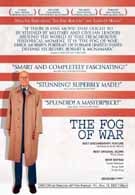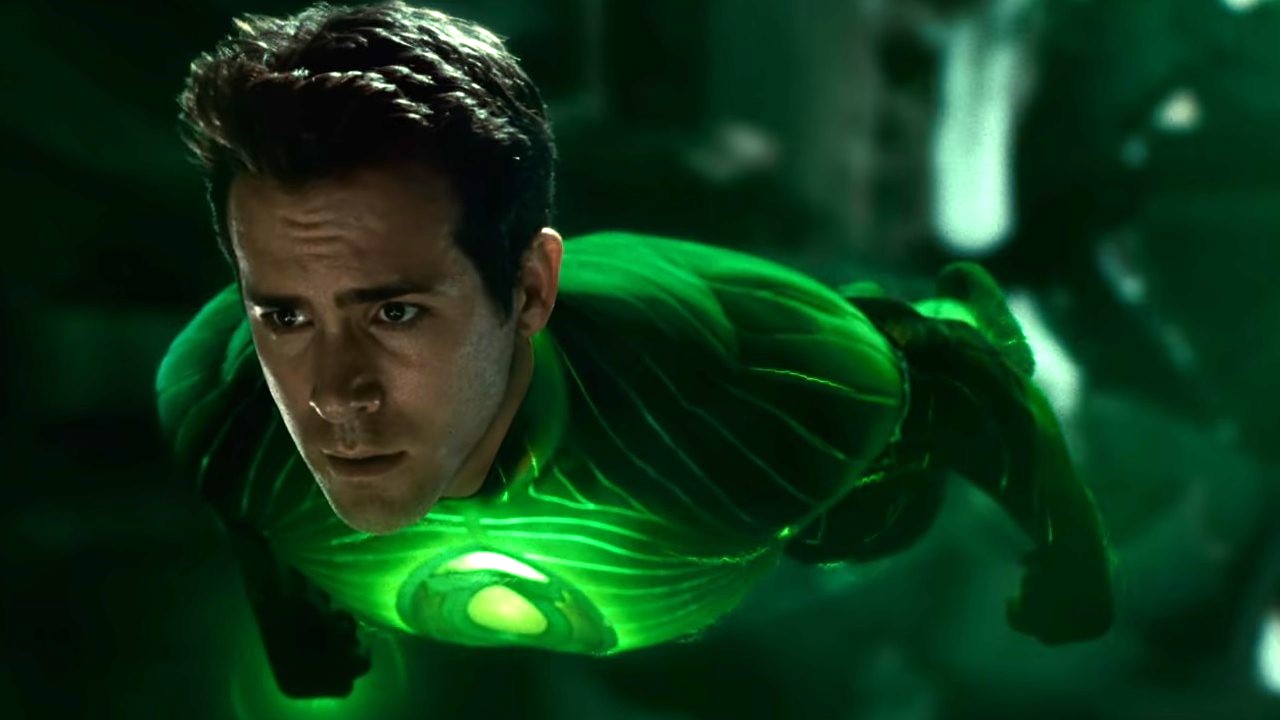1. Empathize with your enemy
2. Rationality will not save us
3. There is something beyond yourself
4. Maximize efficiency
5. Proportionality should be a guideline in war
6. Get the data
7. Belief and seeing are both often wrong
8. Be prepared to reexamine your reasoning
9. In order to do good, you may have to engage in evil
10. Never say never
11. You can't change human nature
These are the rules. In Fog of War these 11 statements are your only guide through the Rashoman that is the life of Robert MacNamara, a frightening, frank, human, and elusive journey through American warfare history. MacNamara was an innovator at Ford, a major player in WWII, and Secretary of War under three Presidents.
I can remember the exact moment that I knew Fog of War was working. It’s when Robert McNamara, the pied piper who cheerfully led our country into its darkest hour, finally shows some remorse. Not for the death of millions, but for the death of one. President Kennedy. He begins to cry and it is quite moving. Then I stopped. This is man who has kept much, who knows where all the skeletons are buried. Are those crocodile tears? And that's the power of the thing. There is no way to know.
The story of McNamara is captured by Errol Morris. The talented documentarian has covered everything from Naked Molerats to the Electric Chair. He was originally supposed to have McNamara for a one hour talk for PBS. This one hour ballooned into twenty and what we have is a portrait of the past 60 years of Military history in which McNamara speaks brutally frank while still keeping much hidden.
He goes through his eleven lessons of war, and I can only hope that Bush is watching for "Get me Data" and "Be prepared to examine your reasoning". He talks about how we got through the Cuban Missile Crisis (luck), about the Vietnam War and his resignation of principle, about the WWI victory parade that changed the course of his life, and most especially about WWII. It’s here that the documentary works best. No one is going to say anything bad about WWII; even the most extreme pacifist will agree that it was the closest thing to a just war ever fought. But at the same time the sincerity here is brutal. He produces a chart that shows Japanese cities destroyed and there American equivalents. He speaks very bluntly about how his commanding officer, the hardnosed Curtis LeMay (The Base BTW for Sterling Hayden's Immortal Buck Turdgeson), bluntly said that if America had lost the war we would have been prosecuted for War Crimes, citing the burning alive of 100,000 Tokyo citizens in a single night.
This film is a rorsch blot if there ever was one. Was McNamara a great leader or a tyrant? Is he laying all his cards on the table or is he the same elusive bastard as always? Although prompted, McNamara never apologizes for his actions. When I read reviews of the film I heard everything from he was too proud to he was too cold hearted to he was convinced he was right. Personally though I don't think it was any of these things. McNamara's final rule is that you can't change human nature. I think that he realizes more than anyone that you can't change the past. All he can do is reflect it in the grim funhouse mirror of Fog of War.











